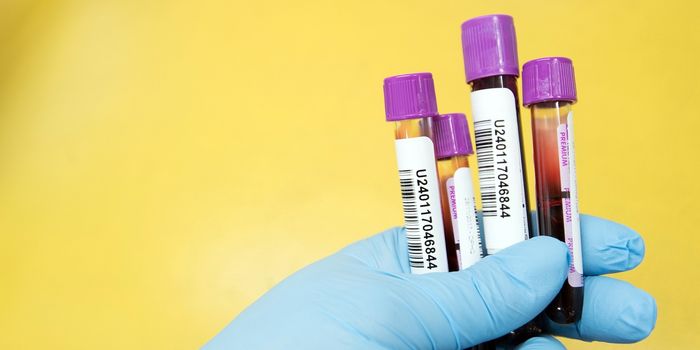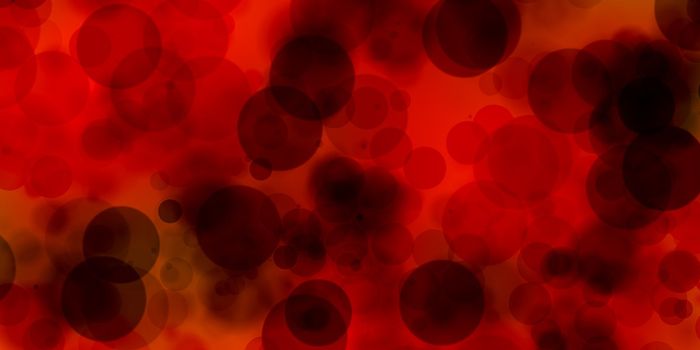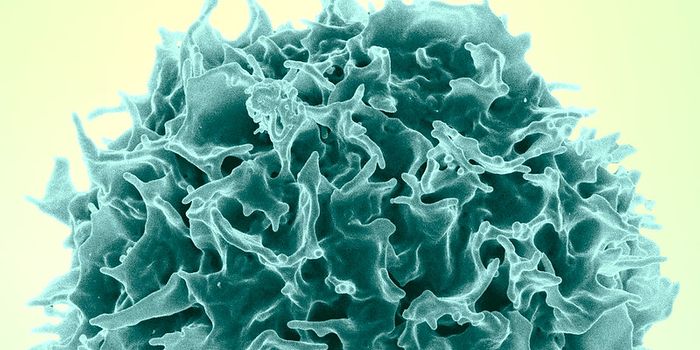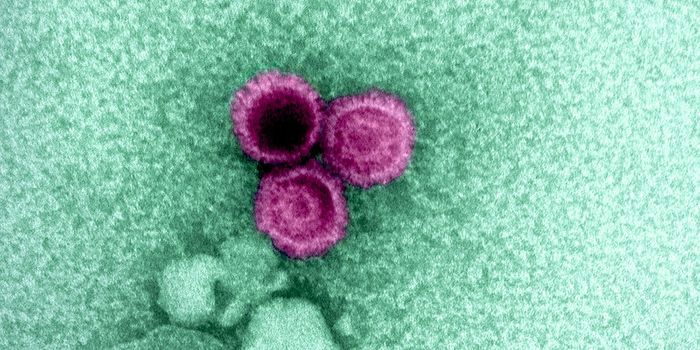Why Do We Need Two Shots of the COVID Vaccine?
Unlike social distancing, mask-wearing, and hand hygiene, vaccines are our best bet as a long-term solution to protecting communities against COVID-19. Despite the urgency to roll out vaccinations at a pandemic pace, less than 20 percent of the U.S. population has received at least one dose of a COVID vaccine thus far. Given that two doses of the vaccine are required to ensure robust immune protection against the coronavirus, it will likely take a while to protect the global population. So why do we need to get two doses anyway?
Vaccines help us develop immunity to pathogens without having to get the illnesses they cause. In the case of mRNA-based vaccines such as Moderna’s offering, the vaccine contains genetic instructions for cells to build SARS-CoV-2’s spike protein. The immune system’s T and B lymphocytes sense the presence of this foreign protein and add this protein to the immune system’s memory database. The next time it encounters the protein (should we be exposed to the real coronavirus), the immune system will launch an aggressive attack to resist infection.
Initial tests of COVID vaccines showed that people only had a relatively weak immune reaction after the first dose, with the second dose creating a much stronger response. The data shows that getting one dose of the Pfizer vaccine lowers an individual’s risk of getting COVID by around 50 percent. For the Moderna vaccine, one dose reduces it by 80 percent. After receiving both shots of either vaccine, however, the risk of getting a symptomatic COVID infection is lowered by around 95 percent.
The length of time between shots matters—receiving the follow-up shot too soon could result in a sub-maximal immune response. According to the developers of the University of Oxford–AstraZeneca vaccine, waiting 12 weeks between doses produces the best results. This interval is 21 days for the Pfizer vaccine and 28 days for the Moderna one.
Another factor that supports the two-dose approach is that individuals who have only had the first dose have partial immunity to COVID. They are still susceptible to infections, which could elevate the risk of vaccine-resistant variants of SARS-CoV-2 from emerging.
Additionally, experts are concerned that individuals who have gotten their first dose will not come back for a booster shot, thinking they have sufficient protection against the virus. The worry is that there is insufficient evidence to demonstrate that one dose is enough to provide long-term protection against COVID, meaning they are still at risk.
Sources: University of Oxford, CDC, JAMA Network.










